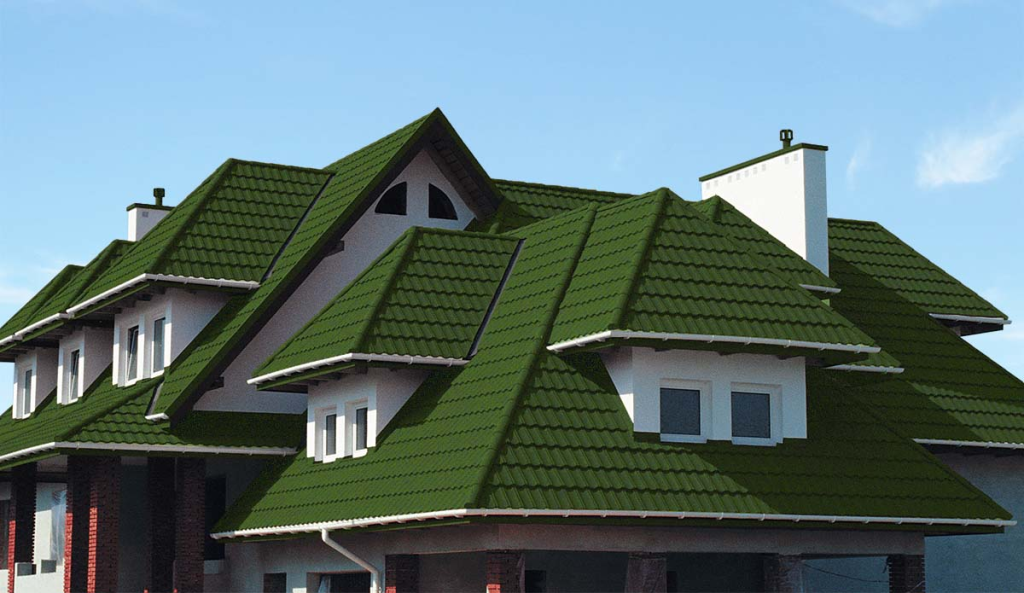Overview of Galvanized Wire Dimensions and Uses
Galvanized Wire Specifications

- Diameter Measurements:
- Gauge: The gauge number refers to the wire’s diameter. Lower gauge numbers indicate thicker wire, while higher numbers indicate thinner wire. For example, 8 gauge is thicker than 16 gauge.
- Millimeters: The diameter of the wire can also be directly measured in millimeters.
- Coating Thickness:
- The thickness of the zinc coating can vary depending on the wire’s intended use. Standard coatings range from 20 to 100 grams per square meter (g/m²), with thicker coatings providing better corrosion resistance.
- Wire Types:
- Hot-Dip Galvanized: The wire is dipped in molten zinc, resulting in a thicker and more durable coating.
- Electro-Galvanized: The wire is coated with zinc using an electroplating process, providing a thinner and more precise coating.
Specific Dimensions and Uses

- Fine Gauge (0.2 mm – 1.2 mm):
- 0.2 mm – 0.5 mm:
- Jewelry Making: Crafting intricate designs.
- Floral Arrangements: Securing flowers in place.
- Arts and Crafts: Creating delicate wire sculptures and decorations.
- 0.6 mm – 1.2 mm:
- Fine Mesh Screens: Used in insect screens and filter screens.
- Light-Duty Binding: Securing lightweight objects.
- Small-Scale Wire Forms: Crafting small models and structures.
- 0.2 mm – 0.5 mm:
- Medium Gauge (1.2 mm – 2.5 mm):
- 1.2 mm – 1.8 mm:
- General-Purpose Binding: Tying materials together in construction and gardening.
- Light Fencing: Used for garden fences and protective enclosures.
- Garden Wire: Supporting plants and garden structures.
- 2.0 mm – 2.5 mm:
- Medium-Duty Fencing: Suitable for residential fencing and animal enclosures.
- Agricultural Uses: Securing bales and building support structures.
- Construction Tie Wire: Binding rebar and other construction materials.
- 1.2 mm – 1.8 mm:
- Heavy Gauge (2.5 mm – 5.0 mm and above):
- 2.5 mm – 3.5 mm:
- Heavier Fencing: Used for security fencing and industrial enclosures.
- Gabion Construction: Building retaining walls and erosion control structures.
- Reinforcing Wire Mesh: Reinforcing concrete structures and foundations.
- 4.0 mm – 5.0 mm and above:
- High-Strength Applications: Vineyard trellising and heavy-duty support structures.
- Industrial Uses: Securing large loads and building robust frameworks.
- Heavy-Duty Construction: Reinforcing large-scale construction projects.
- 2.5 mm – 3.5 mm:
Applications

- Construction:
- Reinforcement: Galvanized wire is commonly used as tie wire for securing rebar in reinforced concrete structures. Its corrosion resistance ensures long-lasting performance in concrete.
- Fencing: Utilized in chain-link fences, barbed wire, and security barriers for residential, commercial, and industrial properties.
- Mesh and Gabions: Used to create mesh for plastering and stucco applications, as well as gabion baskets for retaining walls and erosion control.
- Agriculture:
- Trellising: Provides support for grapevines, tomatoes, and other climbing plants in vineyards and gardens.
- Animal Control: Creates enclosures and pens for livestock, poultry, and other animals, ensuring a safe and secure environment.
- Baling: Secures bales of hay, straw, and other agricultural products, facilitating easy handling and storage.
- Industrial:
- Packaging: Secures heavy loads for shipping and handling, ensuring products are transported safely.
- Binding: Used in manufacturing processes to bind and secure materials during production.
- Automotive: Utilized in various automotive components that require strong and corrosion-resistant wire.
- Household:
- Crafts: Ideal for creating jewelry, decorative items, and home projects that require fine, durable wire.
- Gardening: Supports plants, creates garden trellises, and builds protective garden fencing.
- Repairs: Handy for minor household repairs, DIY projects, and temporary fixes.
- Utilities:
- Electrical Wiring: Provides grounding and binding in electrical installations, ensuring safety and reliability.
- Telecommunications: Supports cables and wires in telecommunication systems, offering stability and protection.
Advantages of Galvanized Wire
- Corrosion Resistance: The zinc coating protects the wire from rust and corrosion, making it suitable for outdoor and high-moisture environments.
- Durability: Galvanized wire offers enhanced strength and longevity, ensuring reliable performance over time.
- Versatility: Available in various gauges and lengths, it can be adapted for a wide range of applications across different industries.
- Cost-Effective: Provides an affordable solution with minimal maintenance requirements, offering excellent value for money.
Conclusion

Galvanized wire is a highly versatile and durable material that serves a wide range of applications across various industries. Its different dimensions cater to specific needs, from fine gauge wires for delicate crafts to heavy-duty wires for construction and industrial uses. The protective zinc coating ensures long-lasting performance, making galvanized wire a reliable and cost-effective choice for both indoor and outdoor projects.



